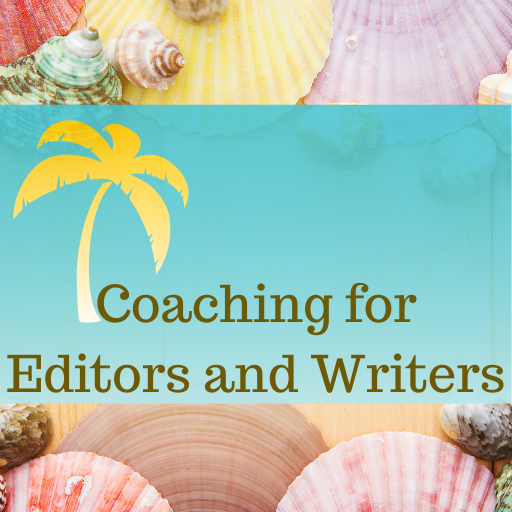Tips for Building a Writing Career
If you’re determined to become a successful author and earn income from your writing, here are some tried and true tips for building a writing career.
My Tips for Building a Writing Career
Coaching clients sometimes ask me about how to continue a promising writing career. You can’t throw a rock without hitting someone who has written a book on how to break into publishing but maintain a writing career. Being a mid-career writer? Being a midlist writer?
Those concerns are skated over. Why? Because there are a lot fewer people in this group, and the information is less standard. If you want to get your first novel (traditionally) published, then you have to write the novel, polish the novel, find some agents to query, write a query letter, and see what happens. That’s pretty much it.
Same with a nonfiction book: you write the book proposal, polish the book proposal, find some agents to query . . . . It’s all pretty standard.
But when someone says, “I’ve written some books, and I want to take my career to the next level,” there’s no obvious procedure you can point out. It’s a lot easier to talk about query letters.
Even so, here are, forthwith, my thoughts on taking an already-established writing career to the next level.
Figure Out What You Want
Do you want to make a living as a writer? Do you want your books to bolster your main career and showcase your expertise? Do you have ideas you want to share with people, period? Your answers will guide your decision-making. If you just have ideas you want to share, there’s nothing wrong with starting a blog, putting together some ebooks, and seeing where that goes.
If you want to make a living, you have to be more strategic: who buys writing, what kind of writing do they buy, how will you find these people?
If you want to be the go-to expert, then writing books is just one part of the platform-building that you need to be involved in. Speaking at conferences, doing radio interviews, and otherwise spreading the word about your brilliance should all be part of your strategy.
Network With Other Writers & Editors
Online, there are many opportunities for this: LinkedIn, Facebook, Instagram, TikTok, and more.
Connecting with colleagues is a great way to learn about opportunities and to give and receive referrals. Networking isn’t a scored game (you give me one, and I’ll give you one), but it is a numbers game: the more you’re out there, the more likely you’re to be remembered.
You should also consider joining writers’ organizations. After I published a couple of nonfiction books, I joined ASJA (the American Society of Journalists and Authors) and several others.
Later, when I started publishing novels, I joined genre organizations like the Romance Writers of America and International Thriller Writers. All of these organizations had well-established authors who knew what they were doing and were willing to mentor newer authors.

Consider Getting an Agent
A good agent can help you shape a satisfying and rewarding writing career.
Specialize…
I’ve been a literary agent, a magazine editor, and an acquisitions editor. Over the years, I’ve given many opportunities to writers and editors.
But I have never needed to hire a writer who can write about anything. I almost always had to have a writer who could write (and has written ) about a specific niche, area of expertise, or genre.
You can certainly have more than one niche, but it is much easier to say, “I write about X.”
“I can write about anything for anyone” doesn’t give you any idea of what your next step should be. “I write about tech issues businesses face” gives you a lot more information about what you should be doing right now.
But Diversify
The “diversify” part of the plan means that you should look for more than one kind of outlet for your writing. For example, I found early on if I wanted to keep writing books, I had to promote them, and one way I could promote them was to write articles based on the material, for which I got paid. It was an awesome cycle of everything feeding everything else.
Now more than ever, writers have plenty of outlets: blogs (your own and others), podcasts, traditional book publishing, traditional magazine publishing, self-publishing, trade publishing, online magazines, and podcasts.
That’s just the surface. If you’re working in several different areas, and one disappears tomorrow, you’re not dead in the water.
Tips for Editors & Writers
-
Learning How to Edit
I’m learning how to speak Spanish, and sometimes I get discouraged because it takes a while. (This is not unlike learning any important skill). One of the most helpful bits of perspective-taking I do is to consider whether I encounter the same problems when speaking in English. For example, people often interrupt me to finish…
-
Protecting Your Personal Values
The other day I was reading about a controversy inspired by the CEO of Salesforce. It was the usual “I once supported the values of the former president but now I support the values of the current president” kind of nonsense that owners and executives of large companies often (always?) spout in order to make…
Join the Club!
New to story editing? Begin at the beginning.




